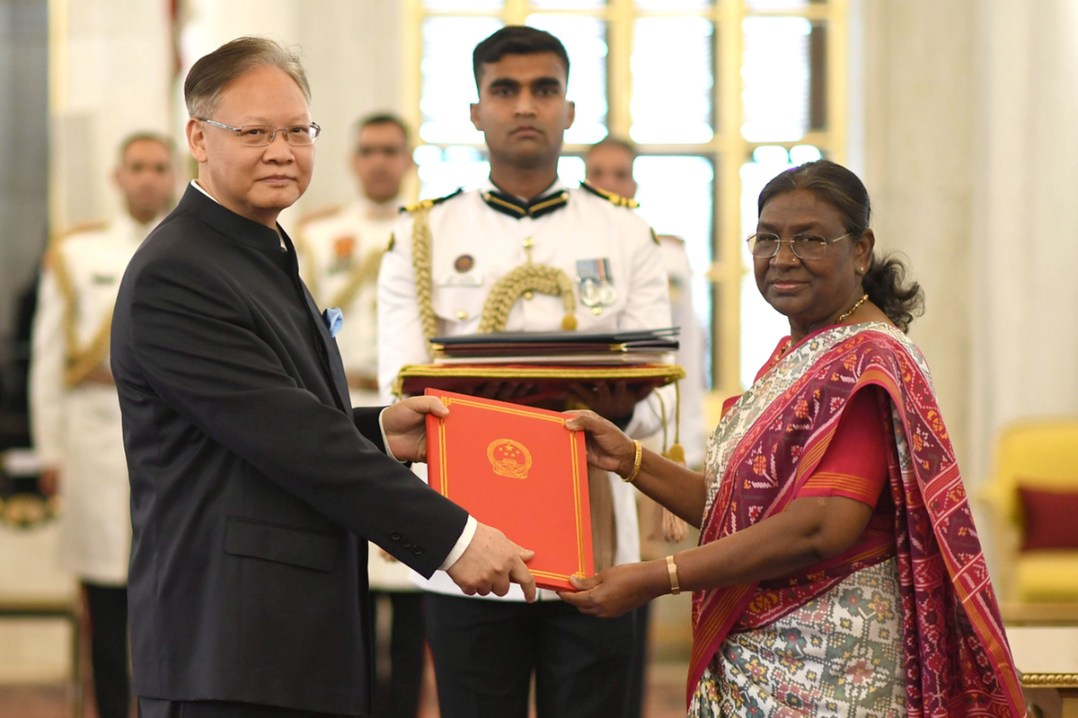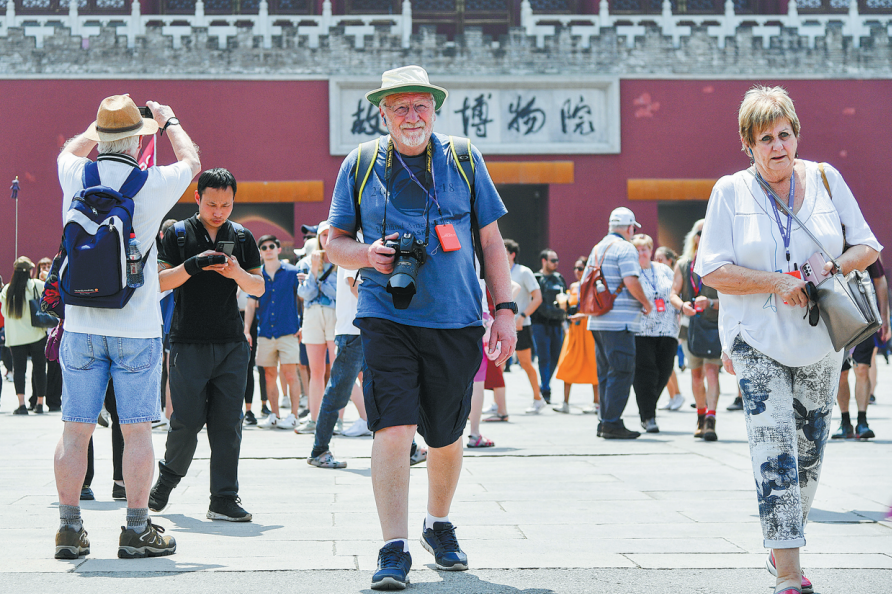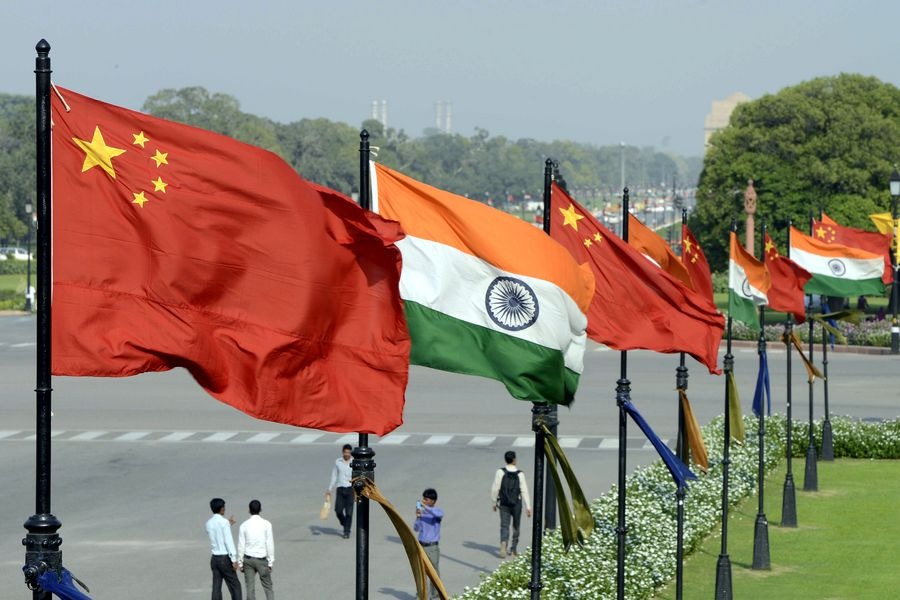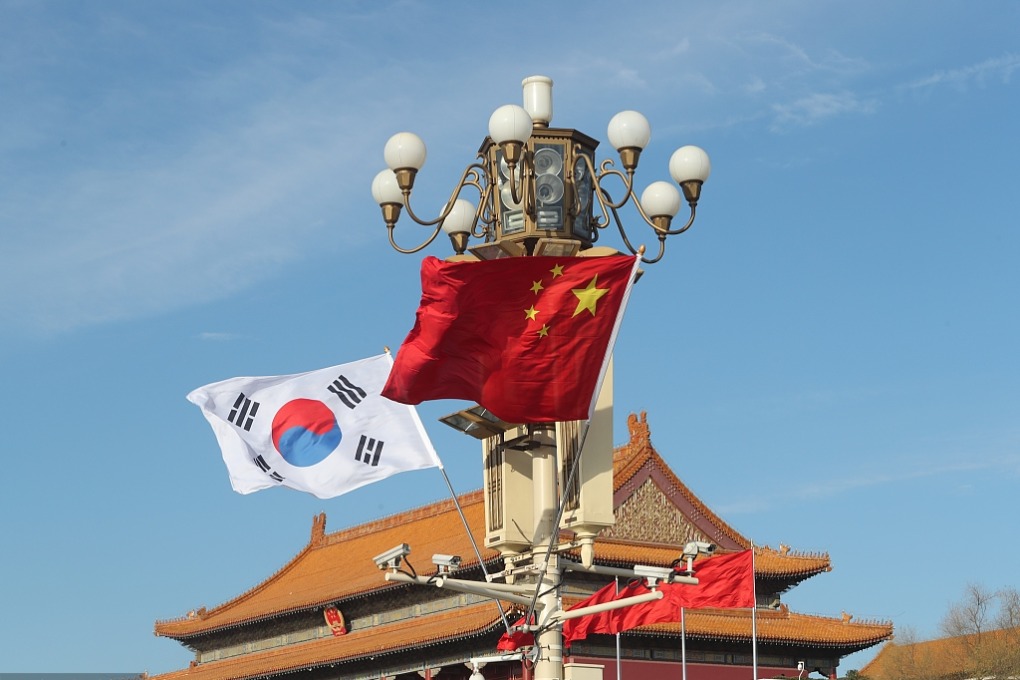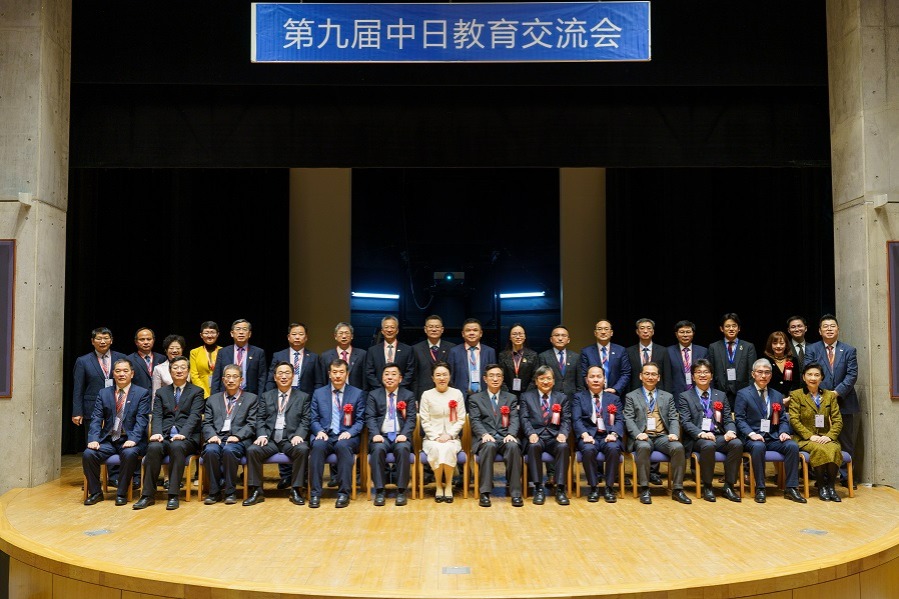China's elderly care industry faces promising future and challenges


China's elderly care industry holds great promise, but its challenges can't be overlooked, experts from aging research institutions and elderly care providers said in Beijing on Friday.
They made the remarks at a roundtable discussion on Low Birth Rate and Silver Economy under the International Forum on Regional Cooperation and Development of China, Japan and the Republic of Korea, and the 21st Northeast Asia Management and Economics Joint Conference, held at the Beijing Foreign Studies University.
Aging and elderly care services are gaining increasing attention in China, but many companies are struggling to survive and find it difficult to be profitable, said Li Jia, deputy head of the Aging Society Research Center at the Pangoal Institution.
He said the key lies in changing perceptions and precisely meeting the needs of the elderly. He cited the silver economy in cinemas as an example: London's Electric Cinema offers footstools, cashmere blankets, and not just popcorn and cola, but also wine and dinner.
Zhang Jin, head of the research institute at the China Health and Elderly Care Group Co Ltd, emphasized the need to develop effective rehabilitation aids to improve the quality of life and dignity of the elderly. However, the market is often flooded with "inefficient, useless, and presumptuous products".
He said that when companies boast about how convenient elderly care beds are for caregivers, the real goal should be to help senior citizens get out of bed sooner, not keep them confined to it indefinitely.
Additionally, the development of assistive devices in China is not upto the mark. Zhang cited Japan as an example, where assistive devices are cheaper, more accessible, and come in a wide variety; even good enough to handle minor issues like hallux valgus, a deformity of the foot. In contrast, China lacks these options, and he once had to personally go to Japan to bring a machine for training the elderly to maintain their balance because there was no corresponding customs category for importing it.
Li Bin, vice president of BGI Genomics, said gene sequencing can predict future disease risks, allowing for early prevention and treatment. However, awareness about the same and actual testing rates are currently low.
Li said this big data-driven life science can not only promote a healthier China but also enhance national security and drive new economic growth.
E Junyu, chairman of Beijing Anxin Elderly Care Industry Investment Group Co Ltd, who has been travelling to Japan almost twice a month, said: "Japan's aging society serves as a mirror for us." He noted that many of Japan's solutions could provide valuable insights for China.
"At least in the elderly care industry, China, Japan, and the ROK have established friendly cooperation between government and business sectors, creating valuable links among the three nations," he said.























